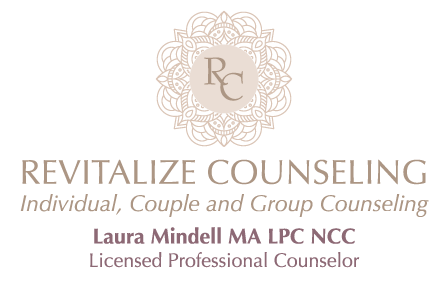Opinion: Why I Don’t Take Insurance for Mental Health Services
Provide April 1, 2013 by Linda Oxford of Awakening Health
You should have control over your therapy. You and I, in consultation, decide what you are here to work on, how to proceed and when you have achieved your purpose. Insurance companies dictate what they will pay for and how long they will pay. They rely on “evidence based practices” and their estimation of how long it should take for a treatment to “work.” If it takes longer or you require a different treatment, they may or may not allow it, whether or not you are better. Paying for your therapy keeps you in control of your process.
Your privacy is important. When you use insurance to pay for counseling, I must provide the insurer with a diagnosis and reports on your progress. Thus, the confidentiality of the work we do is breached. The diagnosis will stay on your medical record, even if it wasn’t truly warranted (see next point, below). And you may experience what some call diagnosis “blowback,” a future negative consequence of having a diagnosis on your record (like higher premiums, for example).
A diagnosis isn’t always a good thing. People often come to counseling to get help with an issue that they haven’t been able to resolve themselves. These situations are not pathalogical and don’t warrant a diagnosis. When a diagnosis is provided just so the counselor can get paid, it can become one more negative thing with which the client identifies and can actually create another roadblock to getting better. In other words, diagnosis can be harmful to the client and may be unethical.
So even though it may seem more economical and convenient to use insurance for mental health care, you may want to consider the long term and negative consequences as well as the short term benefit.


